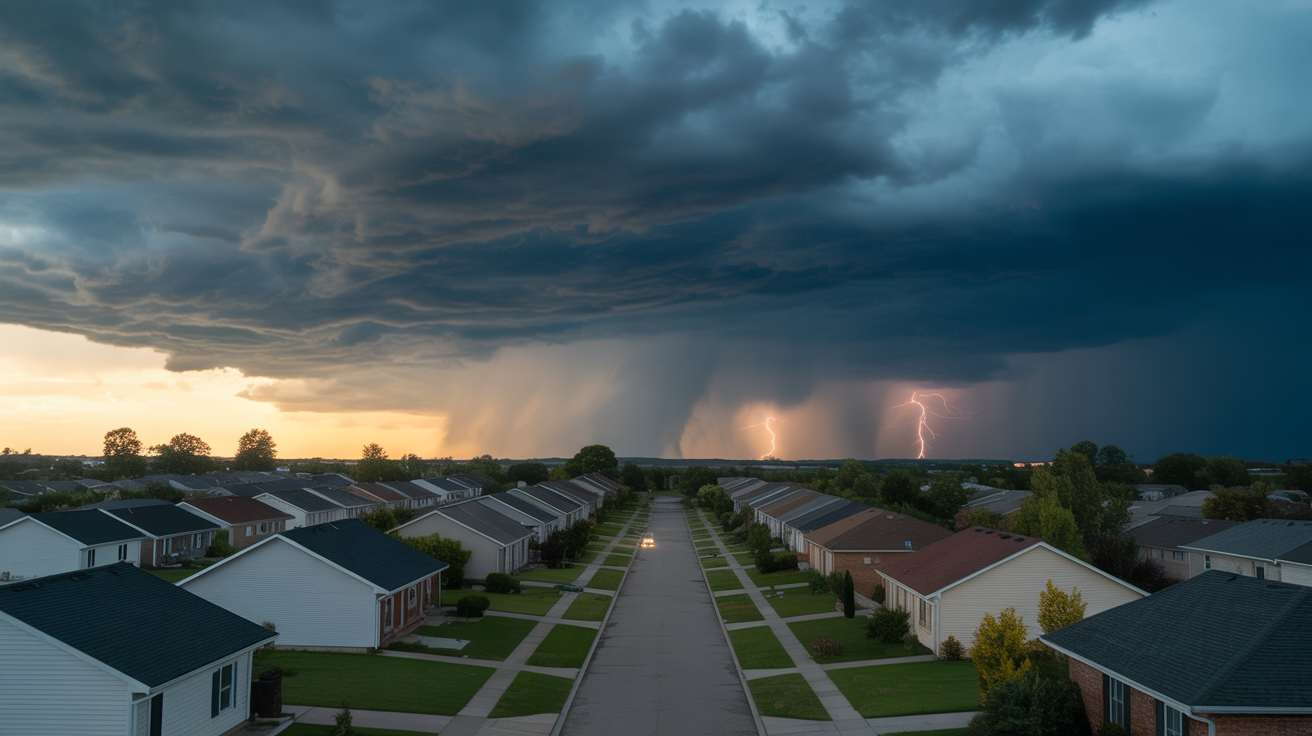You can hoard food, water, and equipment, but when disaster strikes, skills often matter more than stuff. Gear breaks, runs out, or gets left behind. Knowledge stays with you forever. These essential survival skills could save your life—and they cost nothing but time to learn. Fire: Warmth, Water, and Morale Fire provides heat, purifies water, cooks food, signals rescuers, and boosts morale. It’s foundational to survival. Multiple ignition methods: Never rely on a single fire-starting technique. Master at least three: Lighter/matches are obvious but fail when wet or damaged. Store…
Read MoreCategory: Gear
Urban Prepping: Surviving and Thriving in the Concrete Jungle
Living in an apartment or urban environment doesn’t mean you can’t prepare for emergencies. In fact, city dwellers face unique challenges that make preparedness even more critical. Limited space, closer neighbors, and infrastructure dependencies require creative solutions—but they’re absolutely achievable. The Urban Prepper’s Reality Check Forget the rural homestead fantasy. You’re not buying 40 acres and installing a bunker. You’ve got 800 square feet, shared walls, and a landlord who doesn’t love modifications. That’s okay—millions of people live this way, and you can still prepare effectively. Urban preparedness focuses on:…
Read MoreCreating a Family Emergency Communication Plan: Staying Connected When It Matters Most
During emergencies, communication becomes both critical and challenging. Cell towers overload, power outages disable internet, and family members scatter to work, school, and other locations. A solid communication plan ensures your family can connect, coordinate, and reunite when disaster strikes. Why Digital Isn’t Enough We’ve become dependent on smartphones, but they fail precisely when we need them most. During major disasters: Your communication plan must account for these failures and provide multiple backup methods. Establishing Your Out-of-State Contact One of the most effective strategies is designating an out-of-state contact person.…
Read MoreEmergency Power Solutions for Your Home: Practical Options for Every Budget
Power outages are increasing in frequency and duration across the country. Whether from severe weather, aging infrastructure, or grid maintenance, losing electricity is no longer a rare occurrence. Having a backup power plan isn’t paranoid—it’s practical. Assess Your Actual Needs Before buying any equipment, honestly evaluate what you need to power during an outage. You probably don’t need to run your entire home. Most people need: Make a list with wattage requirements for each item. Your refrigerator’s label shows this information, usually between 100-800 watts. Add a safety margin of…
Read MoreBuilding Your First 72-Hour Emergency Kit: A Practical Guide
When disaster strikes—whether it’s a hurricane, winter storm, or unexpected evacuation—having a well-stocked 72-hour emergency kit can make the difference between panic and preparedness. This guide will walk you through building a practical kit that actually works for real-life emergencies. Why 72 Hours? Emergency management professionals use 72 hours as a benchmark because it’s the typical time frame before organized relief efforts can reach affected areas during major disasters. Your kit should sustain you and your family during this critical window. The Foundation: Water and Food Water is your top…
Read More




